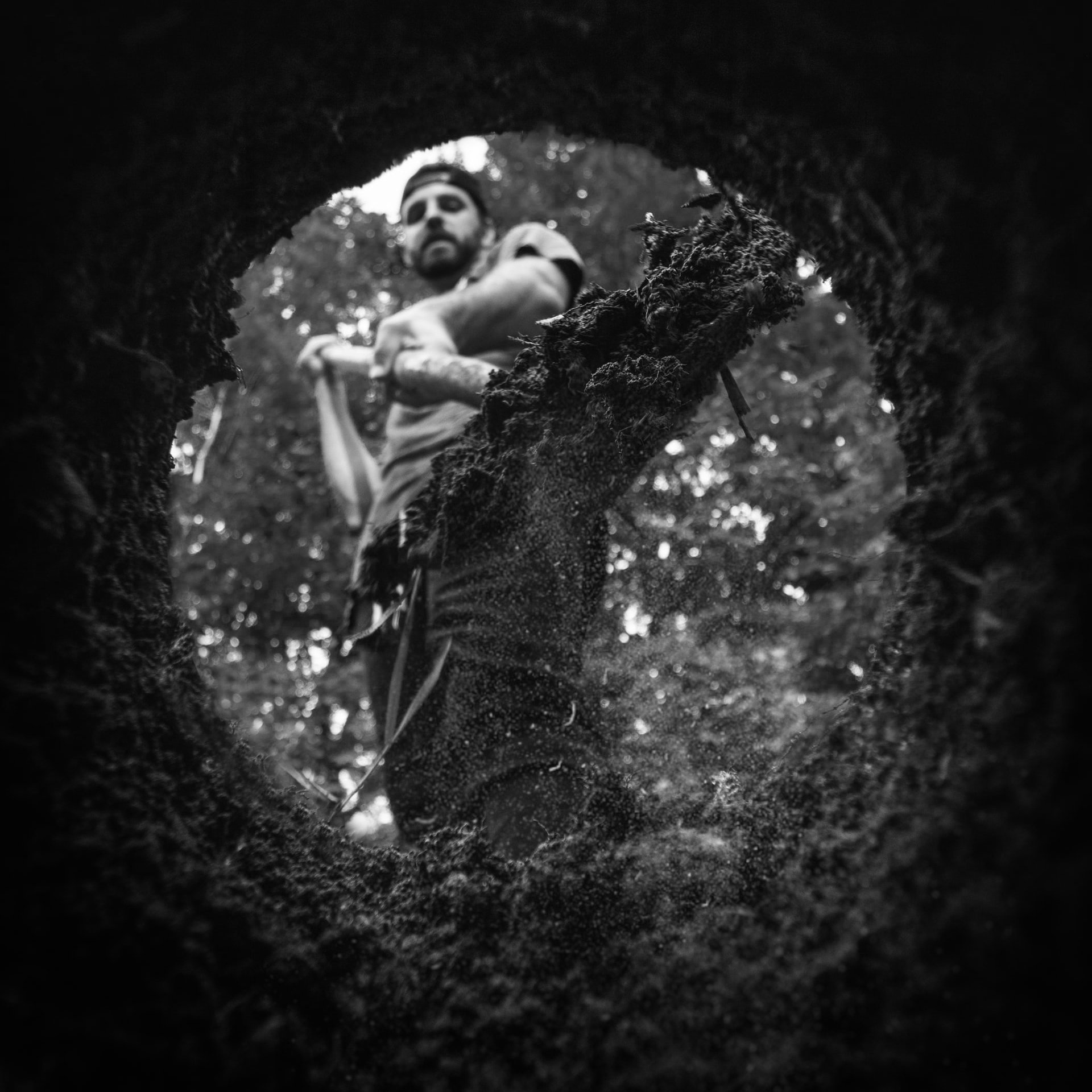Learning to See Backward and Forward: Part 2
“The kind of vision the fiction writer needs to have, or to develop, in order to increase the meaning of his story is called anagogical vision, and that is the kind of vision that is able to see different levels of reality in one image or one situation.”
— The Nature and Aim of Fiction by Flannery O’Connor
“Vision gives significance to the otherwise meaningless details of our lives.”
— Visioneering: Your Guide for Discovering and Maintaining Personal Vision by Andy Stanley
It is easy to forget that the mundane things in our lives are deeply significant. There is no such thing as insignificant work. Everything we do is rooted in and reaches toward eternity. Everything begins and ends with God. If we take the time to look, we can discover the divine thread in the seemingly dreary details.
In his book, Andy Stanley, describes how living out an inspired vision can give significance to the ordinary acts of life. He uses the following analogy to explain:
“It is the difference between filling bags with dirt and building a dike in order to save a town. There’s nothing glamorous or fulfilling about filling bags with dirt. But saving a city is another thing altogether. Building a dike gives meaning to the chore of filling bags with dirt. And so it is with vision.
Too many times the routines of life begin to feel like shoveling dirt. But take those same routines, those same responsibilities, and view them through the lens of vision and everything looks different. Vision brings your world into focus. Vision brings order to chaos. A clear vision enables you to see everything differently.”
He mentions four specific things that vision “weaves into the fabric of our daily experience.” When we work for and from our vision we have the following:
1. Passion
We feel greater emotion.
2. Motivation
We are more motivated to get things done.
3. Direction
We have a compass that prioritizes what is most important.
4. Purpose
We have a compelling ‘why’ that informs what we are doing.
Andy Stanley is careful to distinguish between what he calls “good ideas” and “vision.” He believes that true vision comes from God and that each of us is given a unique vision to achieve. When we live from this vision, the dreary details of our lives take on greater significance and the more profound the vision, the more significant the details.
Andy Stanley says that most Christians are not living from a vision big enough that it would require God to show up in their daily lives. He contrasts this with the men and women of the Old and New Testament, who lived inspired visions that were so big that God had to provide the “how” for their vision to be accomplished.
This week I invite you to prayerfully consider the following:
What vision am I living the details of my life from? How well does this vision do at adding passion, motivation, direction and purpose to how I experience my day?
Am I living a vision large enough to require God to show up? If not, what would such a vision be for me? What would change if I started living from this new vision instead?
God Bless,
Dan

